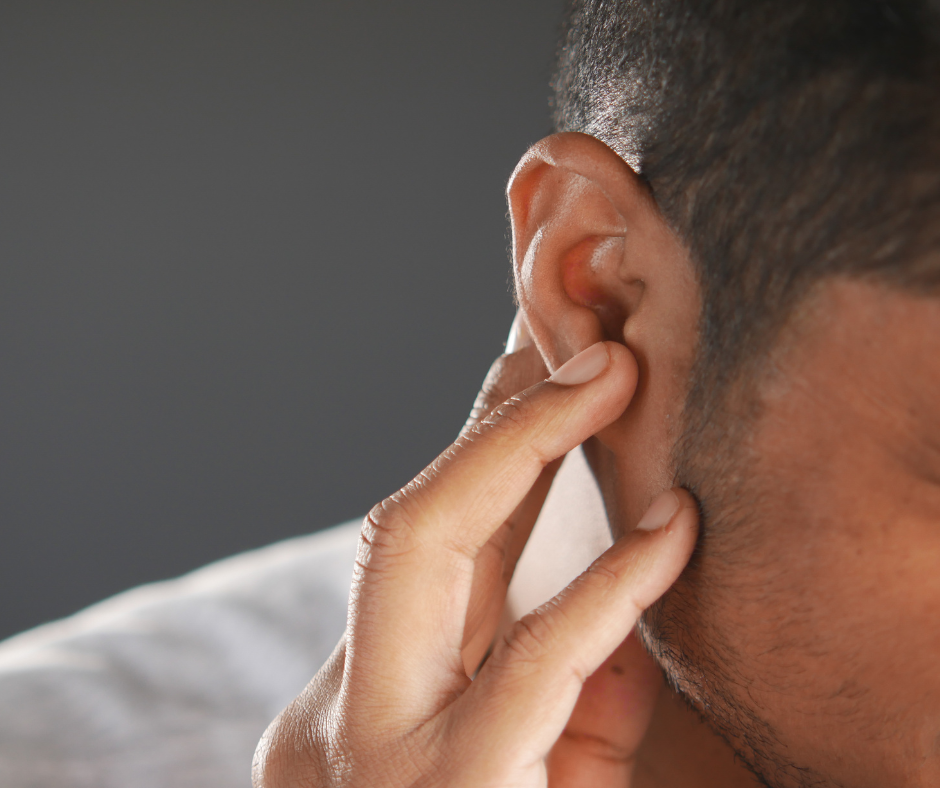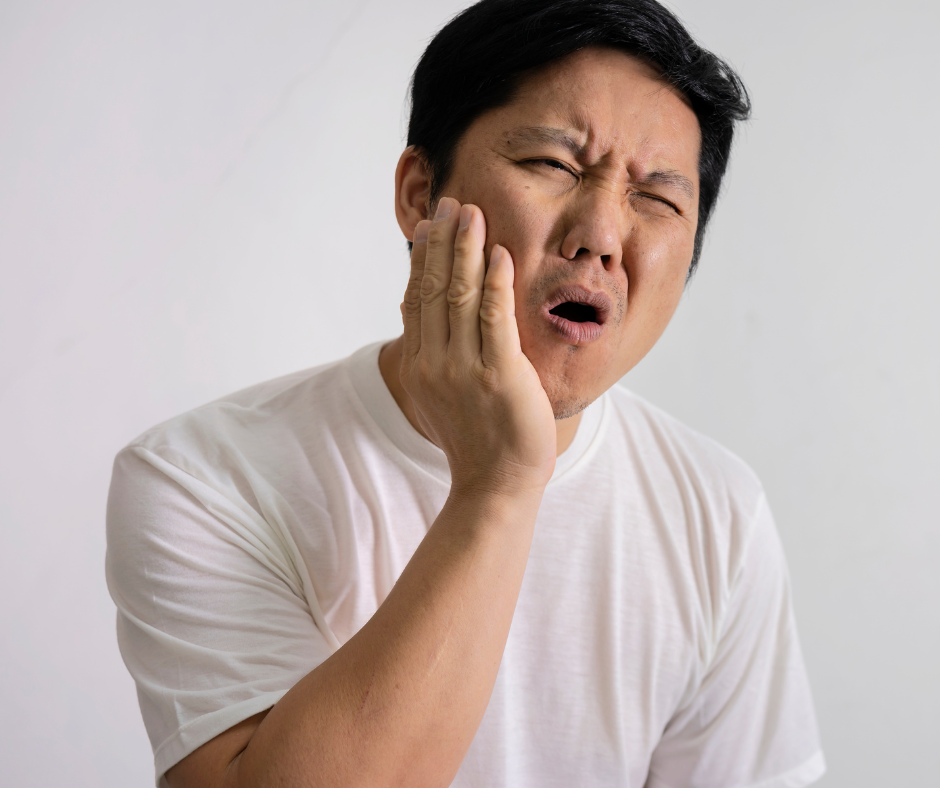Neck pain is a common issue that many people experience at some point in their lives. However, it might come as a surprise that neck pain can also be linked to ear pain. Understanding the connection between these two seemingly unrelated symptoms can help you identify the root cause and seek appropriate treatment.
The Link Between Neck Pain and Ear Pain
The neck is a complex structure composed of muscles, nerves, joints, and blood vessels, all working together to support the head and allow for a wide range of motion. Given the close proximity of the neck to the ears, issues within the neck can sometimes manifest as ear pain. Here are some ways in which neck pain and ear pain can be connected:
1. Referred Pain
One of the most common reasons neck pain can lead to ear pain is through a phenomenon known as referred pain. Referred pain occurs when pain is felt in an area of the body other than where the actual problem lies. The nerves in the neck are closely linked to those in the face and ears. When there is tension, inflammation, or injury in the neck, it can send pain signals to the ear, even though the ear itself is not the source of the problem.
2. Temporomandibular Joint (TMJ) Dysfunction
The temporomandibular joint (TMJ) connects the jaw to the skull, and its dysfunction can cause pain in both the neck and ear. TMJ issues often arise from muscle tension, misalignment, or injury, leading to pain that can radiate from the jaw to the ear and neck. If you’re experiencing pain in these areas, particularly when chewing or talking, TMJ dysfunction could be the culprit.
3. Cervical Spine Problems
Problems with the cervical spine, such as degenerative disc disease, herniated discs, or arthritis, can lead to neck pain that radiates to other areas, including the ears. The upper cervical spine, in particular, has nerves that are connected to the head and face. When these nerves are compressed or irritated, it can result in pain that affects the ear.
4. Muscle Tension and Trigger Points
Tension in the muscles of the neck and shoulders, particularly in the upper trapezius or sternocleidomastoid muscles, can cause pain that spreads to the ear. These muscles can develop trigger points—knots of muscle fibres that are particularly sensitive and can refer pain to other parts of the body. When these trigger points are active, they can cause ear pain alongside neck discomfort.
Symptoms to Watch For
If you’re experiencing both neck pain and ear pain, it’s important to consider the following symptoms, which might help in identifying the underlying cause:
- Persistent or recurring ear pain without any obvious ear infection or issue.
- Jaw pain or clicking when moving the jaw, which could indicate TMJ dysfunction.
- Stiffness or limited range of motion in the neck.
- Headaches that accompany neck and ear pain.
- Tinnitus (ringing in the ears), which can sometimes be associated with neck problems.
Treatment Options
Addressing both neck pain and ear pain involves treating the underlying cause. Here are some potential treatment options:
1. Osteopathic Treatment
Osteopathy can be particularly effective in treating neck pain and its associated symptoms. An osteopath will assess your posture, spinal alignment, and muscle tension to identify any issues that could be contributing to your pain. Treatment may include gentle manipulation, stretching, and soft tissue massage to relieve tension and improve mobility.
2. Physical Therapy
Physical therapy can help strengthen the muscles of the neck and improve posture, reducing strain on the cervical spine and associated nerves. Specific exercises may be recommended to alleviate muscle tension and prevent trigger points from developing.
3. TMJ Therapy
If TMJ dysfunction is the cause of your ear pain, TMJ-specific therapy might be necessary. This could include exercises to strengthen the jaw muscles, splint therapy to improve jaw alignment, or manual techniques to reduce muscle tension.
4. Lifestyle Changes
Simple lifestyle changes can also make a significant difference. Improving your posture, particularly when sitting for long periods, can help reduce neck strain. Additionally, managing stress through relaxation techniques like deep breathing or mindfulness can prevent muscle tension in the neck and shoulders.
When to See a Professional
If you’re experiencing persistent neck and ear pain, it’s important to seek professional help to determine the underlying cause and receive appropriate treatment. An osteopath or healthcare professional can provide a thorough assessment and develop a treatment plan tailored to your specific needs.
Conclusion
While it might not be immediately obvious, neck pain can indeed cause ear pain due to the interconnectedness of the nerves, muscles, and joints in these regions. By addressing the underlying issues, whether through osteopathy, physical therapy, or lifestyle changes, you can find relief from both neck and ear pain, improving your overall quality of life.
If you’re struggling with these symptoms, consider booking an appointment with an osteopath who can help you understand and manage your pain effectively.
If you would like to book and appointment with us, you can do so by clicking here.





